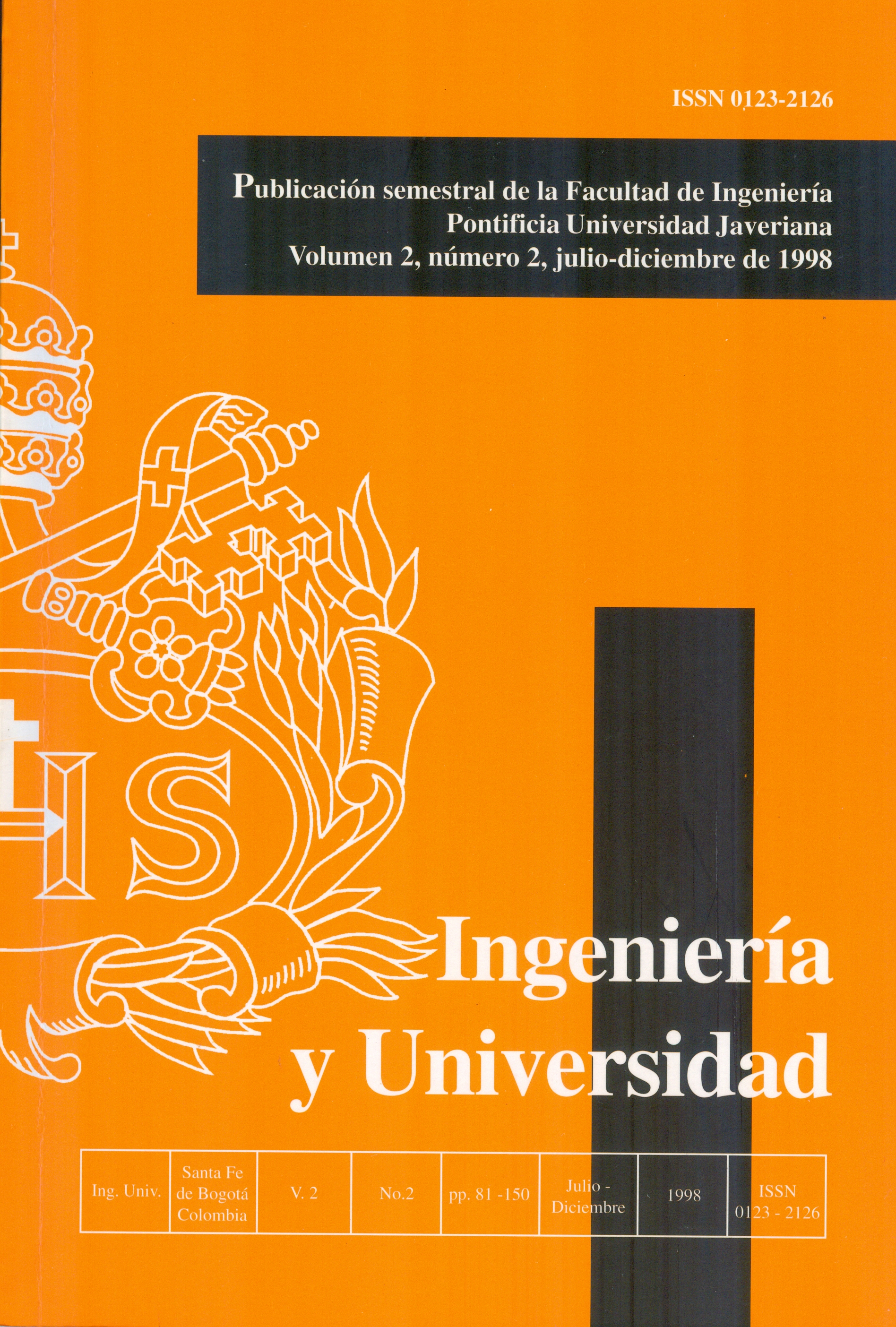Organisational Memory: Towards an understanding and the role of information systems
##plugins.themes.bootstrap3.article.details##
The principal purpose of this article is to show an insight into the concept of organisational memory and itsapplicability in organisations. Furthermore as this concept relates to information processing, an exploration of the role and use of the Information Systems (IS) in this area is carriet out. The methodologicalframework ofthe article is based on an exploration of the main features of the human memory and on how this appreciation fits into an organisational contexto For the purpose of this article an understanding of organisation is related to the network of relationships between behaviours. This article is intended to motivate further research in the relationship among organisational learning processes, organisational memory and information technology.
Argyris, C. Good communication that blocks learning, In: Harvard Business Review, July-August, 1994, 77 - 85.
Argyris, c., and Schon, D. A. Organisational learning, A theory of action perspective. Reading: Addison-Wesley, 1978.
Cohen, M., and Bacdayan, P. Organisational routines are stored as procedural memory - evidence from a laboratory study. In: Organisation Science, 5(4), 1994,403-429.
Daedalus, Special issue on artificial intelligence. Winter, 1988
Dutta, S. Strategies for implementing knowledge-based systems. In: IEEE Transactions on Engineering Management, 44 (1), 1997, 79-90.
Flood, R., and Jackson, M. Creative problems solving: Total systems intervention. Chichester: John Wiley and sons, 1991.
Higgins, E. T., and Bargh, J. A. Social cognition and social perception. In: Annual Review of Psychology, 38, 1987,369- 425.
House, R. J., and Singh, J. y. Organisational behaviour: some new directions for 110 psychology. In: Annual Review of Psychology, 38, 1987, 669-718.
Johnson, M. K., and Hasher, X. Human learning and memory. In: Annual Review of Psychology. 38. 1987, 631-668.
Klavehn, A. R., and Bjork, R. A. Measures ofmemory. In: Annual Review of Psychology, 39. 1987.475-543.
Lloyd, E. S., and Ralph, E. S. The concept of organisation mind. In: Research in the Society of Organisation, 5,1987,135-161.
March, J. G. and Olsen, J. P. Ambiguity and choice in organizations. Oslo: Universitets - Forlaget, 1978.
March, J. G. and Simon, H. A. Organizations. New York: Wiley and sons, 1958.
Matthew, J. Organisational learning: collective mind or cognitivist metaphor. In: Management and Information Technology, 5 (1),1995,61-77.
Morgan, G. Images of organisations. Beverley Hills: Sage, 1986.
Rapaport, M. Computer mediated communication. New York: John Wiley and sons, 1991.
Senge, P. M., and Sterman, J. D. System thinking and organisationallearning: acting locally and thinking
globally on the organisation of the future. In: Modelling for Learning Organisational. New York: John Wiley and sons, 1996.
Stein, E. W., and Zwass, V. Actualising organisational memory with information systems. In: Information Systems Research, 6(2), 1995,85-117.
Tulving, E. and Schacter D.e. Priming and human memory systems. In: Science, 247, 1990, 301 - 306.
Walsh,1. P., and Rivera, U. G. Organisational memory. In: Academy of Management Review, 16(1), 1991,57-91.

This work is licensed under a Creative Commons Attribution 4.0 International License.


